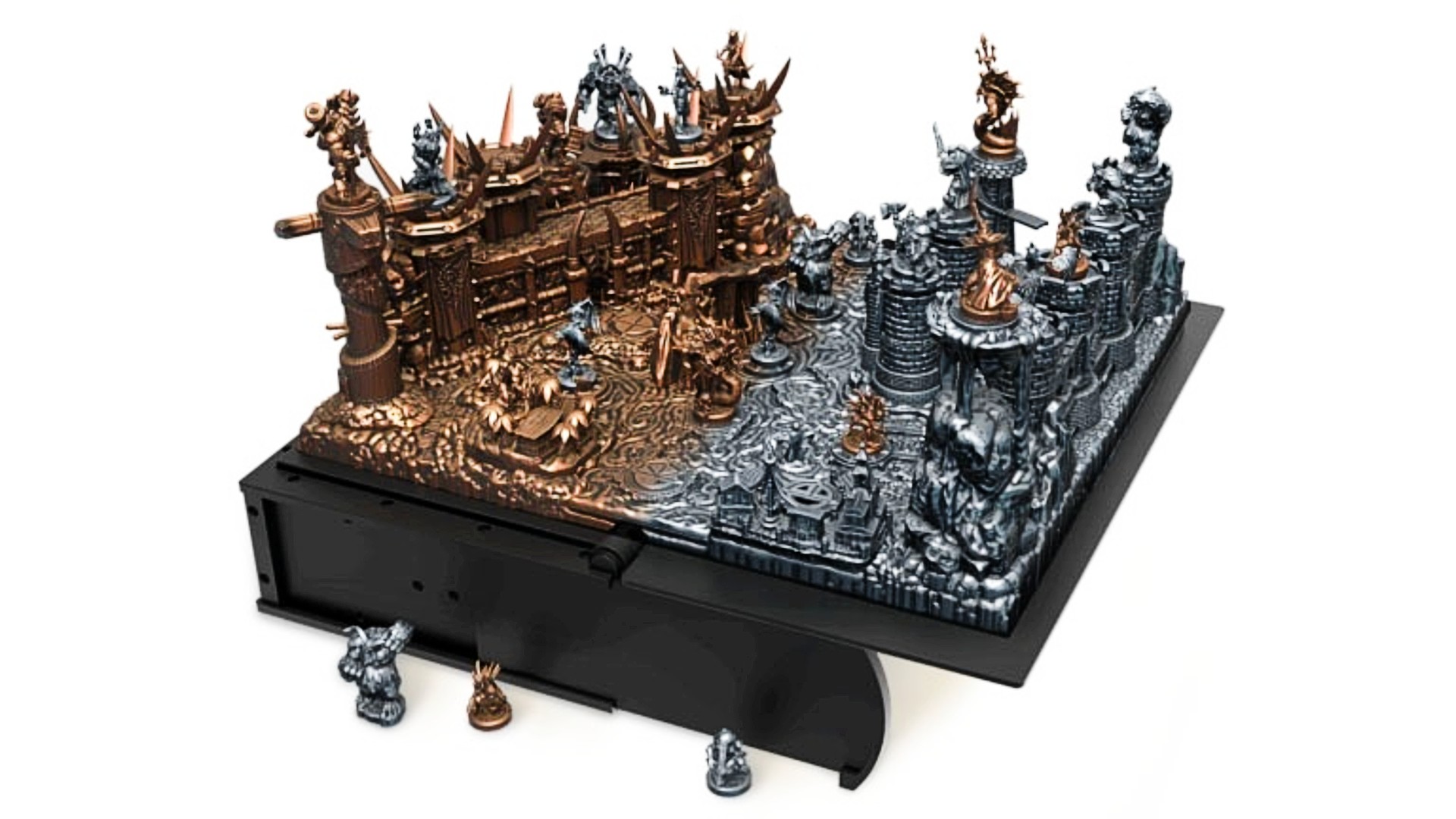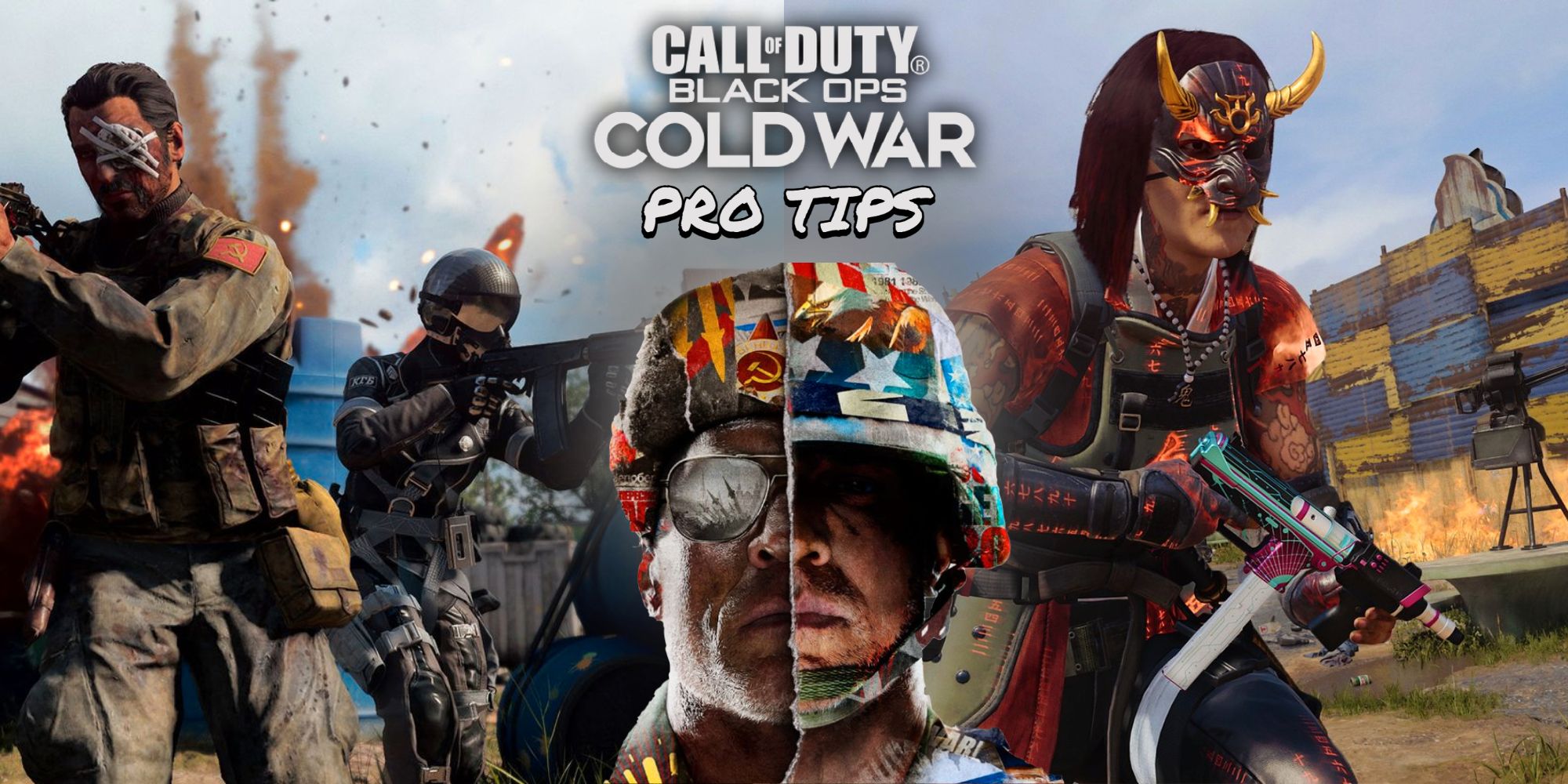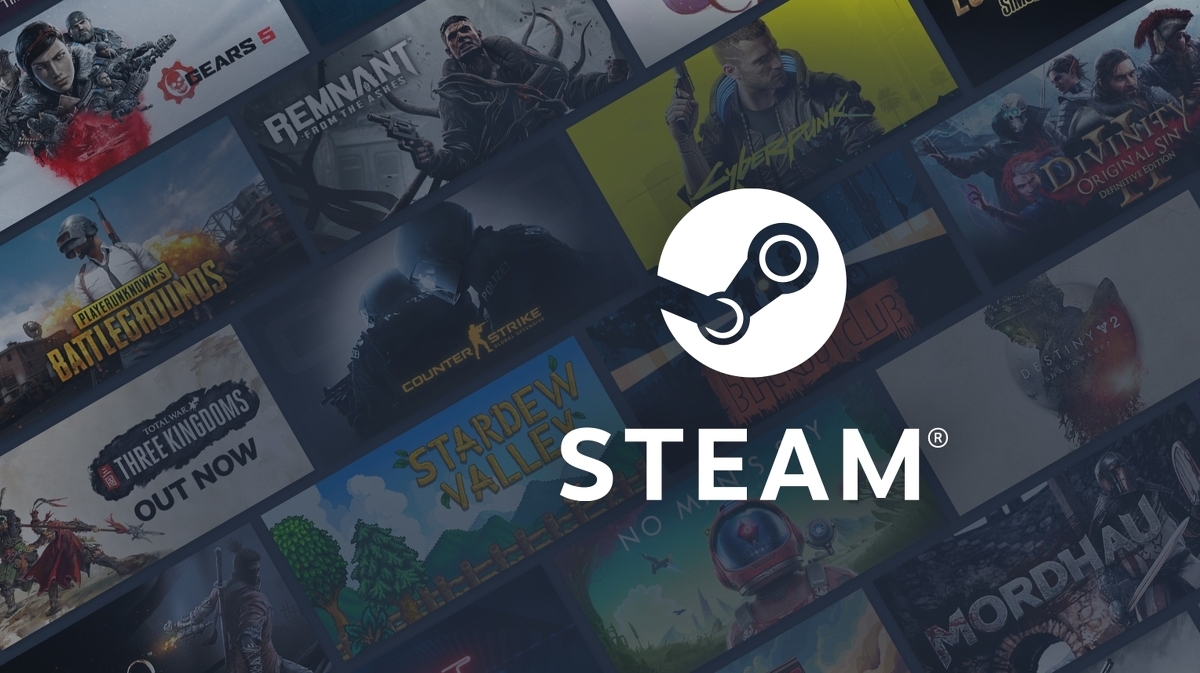For decades, video games have put men at the forefront – as in, literally so much box art features a white dude with a gun slung over his shoulder, moodily looking away because they can’t bear the male gaze that’s normally directed towards their female counterparts. Uncharted: The Lost Legacy forgoes the norms of male action heroes such as the series’ own Nathan Drake and instead stars Chloe Frazer and Nadine Ross, two complete badasses on the hunt for lost treasure, redemption, and vengeance – in reverse order, the treasure is just a cover, really. Originally conceived as an expansion for Uncharted 4, Lost Legacy grew until it became a fully fledged game of its own, and it’s one of the series’ best.
Women have always been in video games – from gaming’s first female protagonist in Score, to Lara Croft in Tomb Raider and Aloy in Horizon Zero Dawn – but their roles are often few and far between, so it’s nice to see more large studios developing games with female leads. As the amount of women working in the games industry grows, and the number of female characters within the medium rises, their stories become far better written, featuring multifaceted personalities and eschewing traditional gender norms for more nuanced perspectives. Although Lost Legacy wasn’t written by a woman, I still think it does well to avoid some of the more notorious sexist pitfalls we’ve seen time and time again in the industry.
RELATED: Uncharted: The Lost Legacy's Tough Puzzles Are A Necessary Change Made Too Late
Lost Legacy begins in media res and places you in the shoes of Chloe Frazer, a returning character from the series first introduced in Uncharted 2. Her initial foray into the world of Uncharted was far more stereotypical: she was Nathan Drake’s new love interest, she was deceptive, and she was competition to Elena Fisher, Nathan’s true love. Now, she’s a kickass treasure hunter on her own journey who don’t need no man. She quickly meets up with Nadine Ross, a mercenary leader who played foil to the Drake brothers in Uncharted 4. She was a brilliant villain and makes an even better ally. Chloe hires her because she’s one of the best there is, despite their conflicting history with the boys – everyone in their line of work has tried to kill each other at some point, and there’s little point in dwelling on the past.
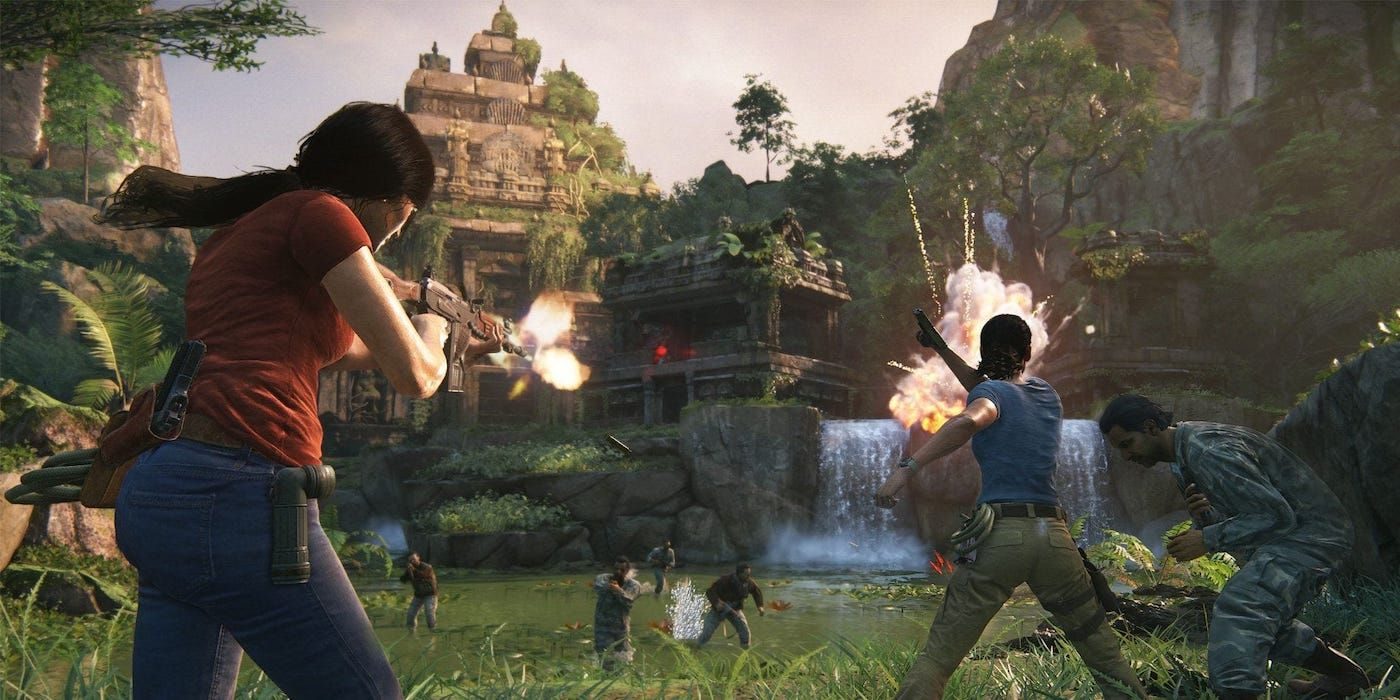
Nadine and Chloe really couldn’t be more different, which is a good thing. In Lost Legacy, Chloe is basically the female version of Nathan: wise-cracking, smart, impulsive, and lovable despite being a bit of a dick. Nadine is professional, irascible, and no-nonsense – a true mercenary. The friction between the two creates a fiery dynamic that eventually blossoms into a beautiful friendship over the course of their adventure. It’s a familiar character journey, but it’s one that is all too often left to men, while the women squabble and shoot daggers at each other in the background before being shoved into the limelight to help facilitate a straight romance.
The two acknowledge their differences throughout the story, rather than dismissing them and pretending that just by virtue of being women they have everything in common. Sure, they briefly mention that it’s nice to be working with another woman for a change, but that isn’t the only substance to their bond. They share past failings, family issues, and dreams for the future, finding common ground in their resolve to better themselves. There’s a lot to be said for shared experiences, and while women definitely do have that to a degree, it doesn’t make them all identical. This is represented in the pair actually looking very different from one another, but never disparaging each other for it. At one point, Nadine has to clamber over Chloe while the pair hang from a rope, and Nadine says of her bulk, “It’s all muscle.” We all remember the outcry of a few loud pissbabies who thought Abby in The Last of Us Part 2 was too muscular, but Nadine is packing some serious heat in those biceps, too. I’m glad Lost Legacy opted to lean into their differences, rather than cover them up with shallow platitudes and an unbreakable bond based on nothing but what gender they happen to fall into.
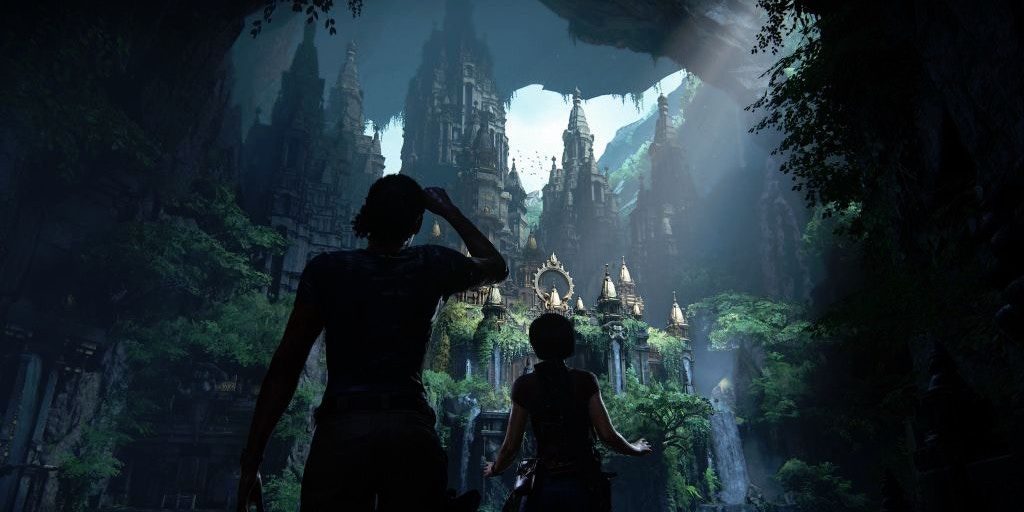
The game’s first two acts do a great job of building the relationship between Chloe and Nadine while also delving into their backgrounds and current motivations. They aren’t just there to further the goals of men – although now that I think about it, they’re both there because of their fathers – but have their own desires and reasons for being where they are. Chole wants to uncover parts of her Indian heritage and connect with her late father, while Nadine hopes to restore her pride and win back her mercenary company. I thought the game would falter during the last third, when it’s revealed that Chloe had been working with Sam Drake, a sworn enemy of Nadine’s. The two have a tussle and Nadine storms off, but they make up quickly. Even this was handled well – they didn’t fall out over a romantic interest. Nadine was rightfully pissed at Chloe for lying to her, but they resolve their issues quickly and don’t let a man come between them.
Lost Legacy further avoids negative stereotypes by flipping the damsel in distress trope. The duo have to save Sam, and once they do, he never steals the spotlight. In a brilliant feat of self awareness, he tries a couple of times, but the women always put him back in his place and keep the stage for themselves. He’s completely absent for the final fight, where Chloe and Nadine team up to take down Asav, the game’s villain. It’s a fight that feels much more deserved and far less shoe-horned in than that pandering scene in Avengers: Endgame – the scene studio execs allegedly thought did great with all-women focus groups. Throughout the game, Nadine and Chloe can perform dual takedowns – one of them softens up an enemy before the other lays the final smackdown. It’s dynamic, seamless, and completely awesome, laying the groundwork for the final confrontation brilliantly while far outweighing the empty feminist platitudes seen in Marvel’s big finale.
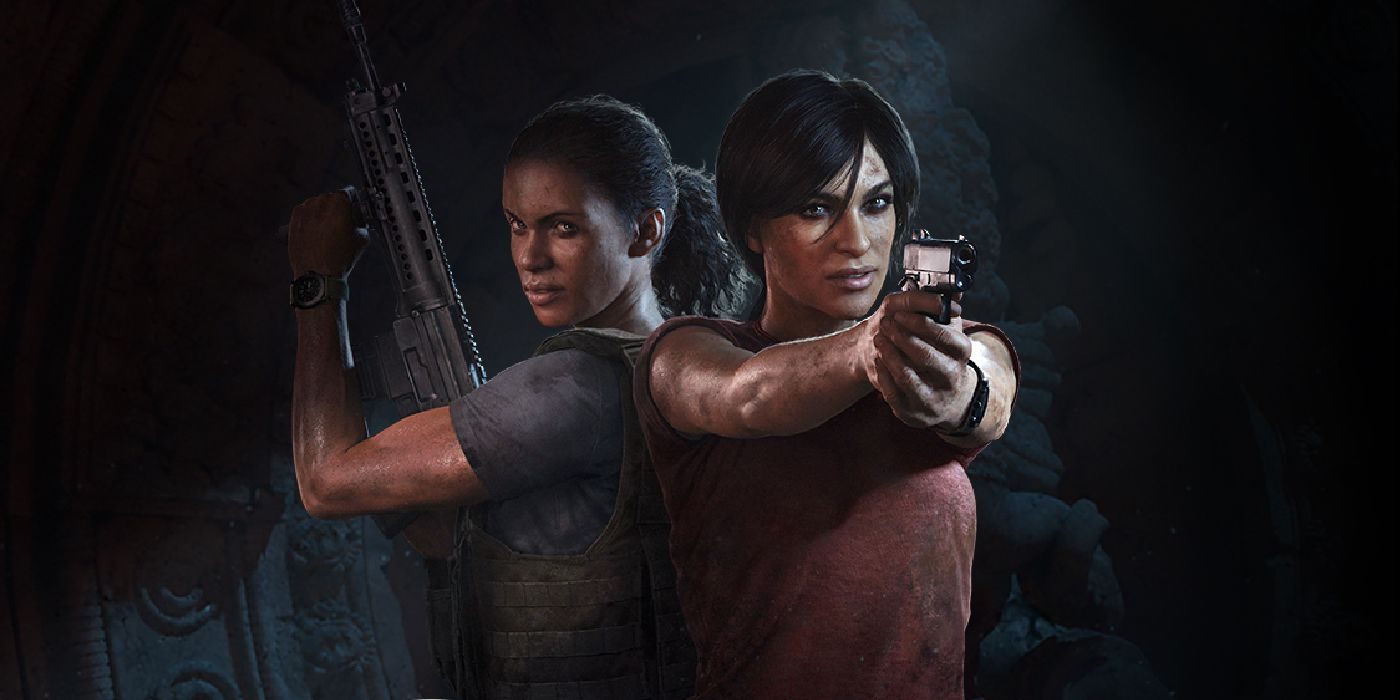
Taking a break from Nathan Drake and wrapping up the Uncharted series with Nadine and Chloe was the right move. The pair added a fresh dynamic to a series that was at risk of getting stale, and they’re treated with just as much respect and care as any of the men. This is a positive step in the right direction, but more still needs to be done for inclusion in the video game industry. Two white women portraying women of colour – regardless of how good their performances are – is pretty gross, and shows that representation in triple-A video games is still mostly only skin deep. Not having a woman on board to write the story also feels like a missed opportunity. Still, Lost Legacy shows, yet again, that female characters can lead action games. Time to start hiring women to write them too.
Next: Uncharted: The Lost Legacy's Rooftop Chase Is An Example Of Perfect Level Design
